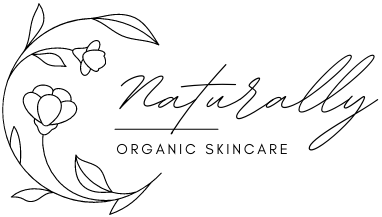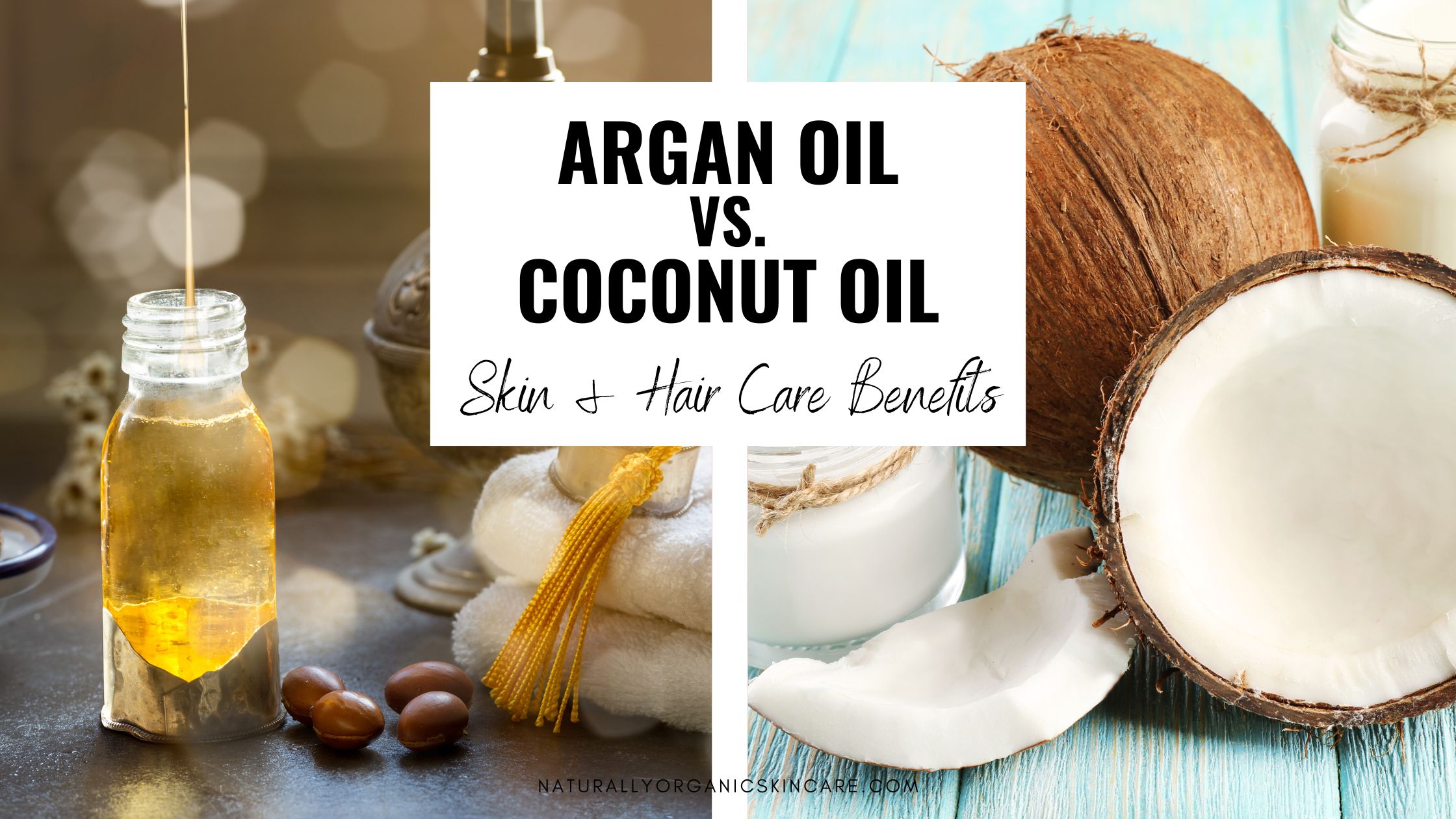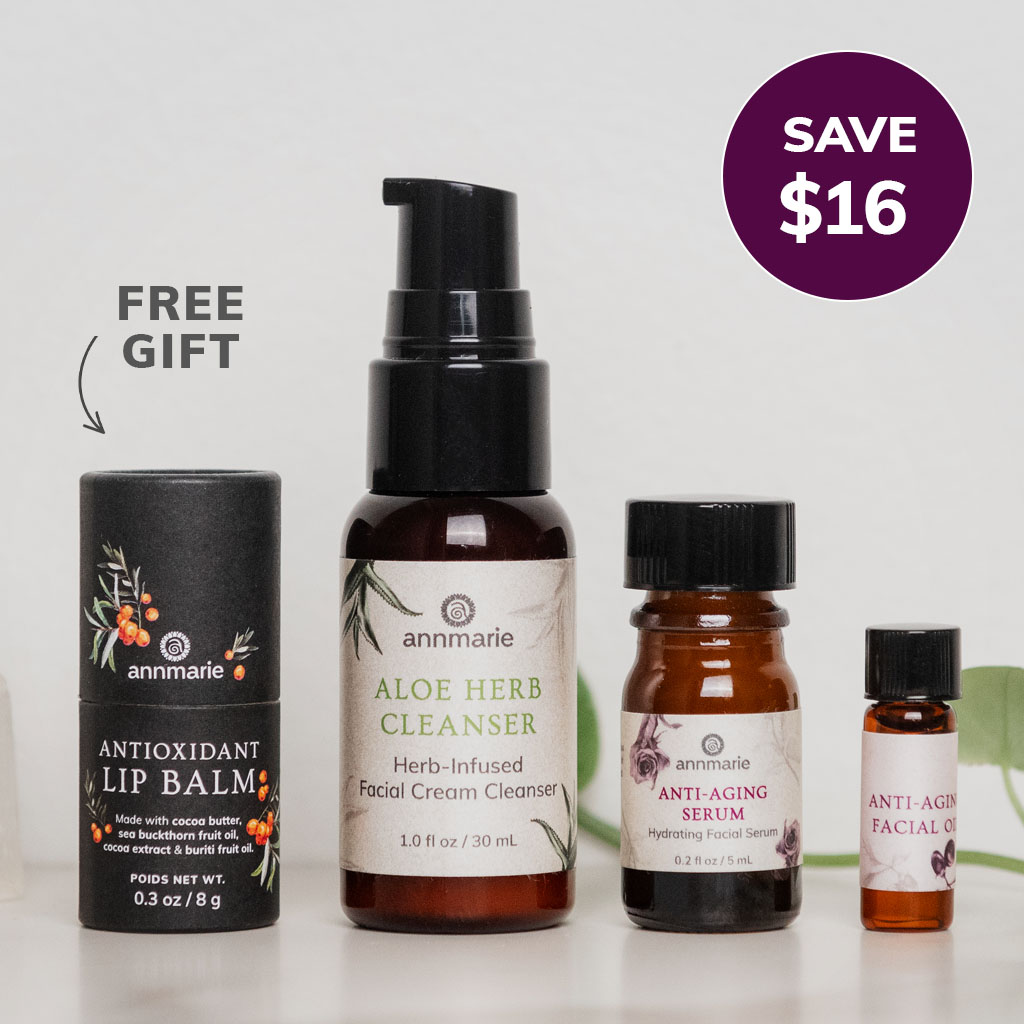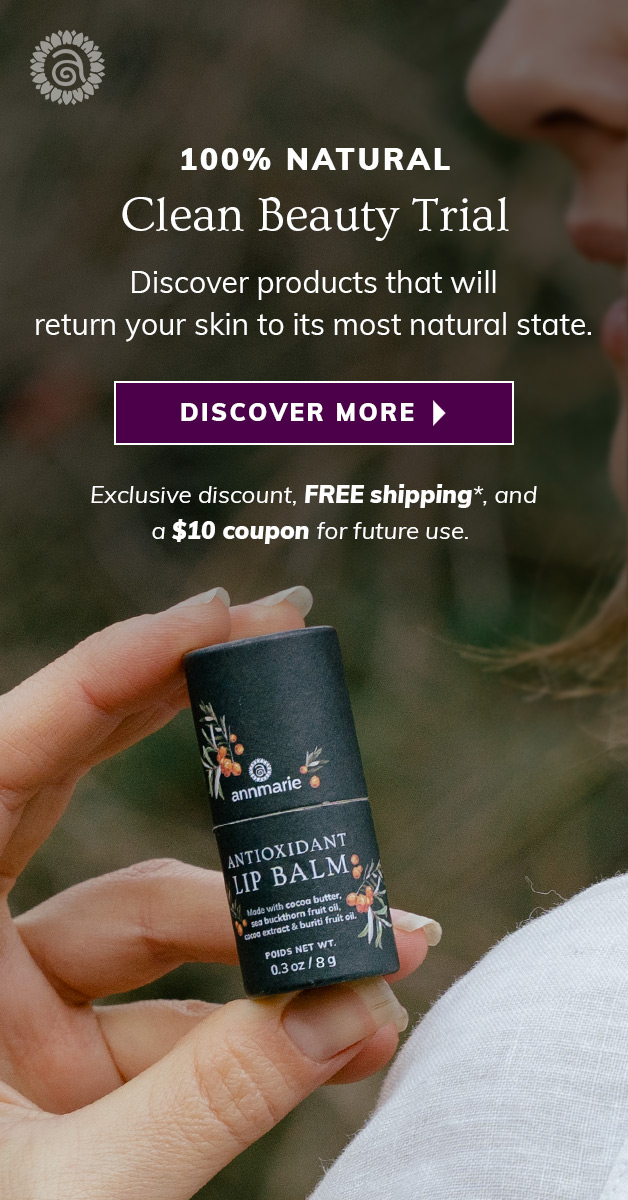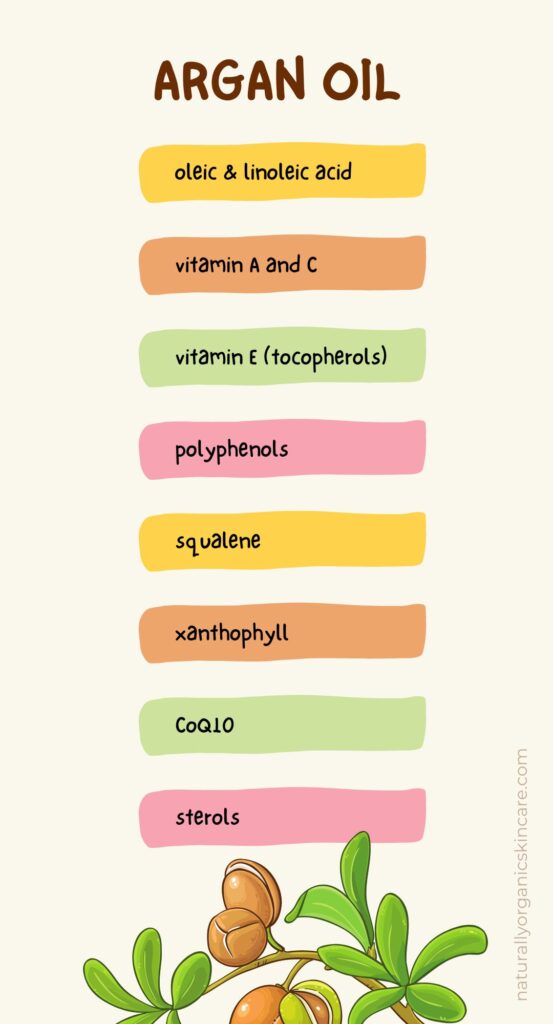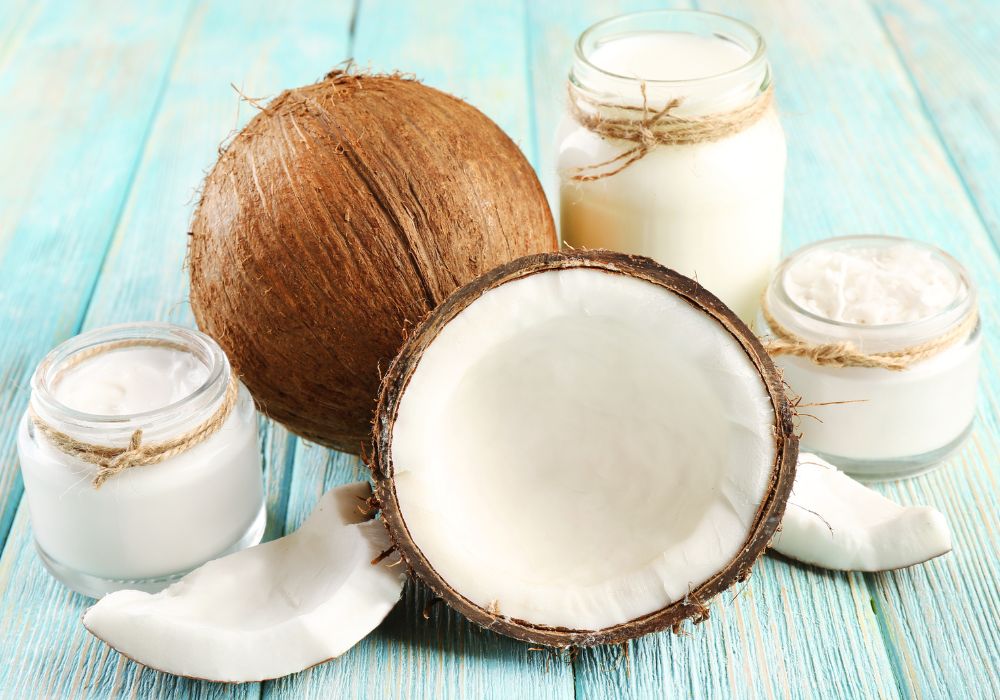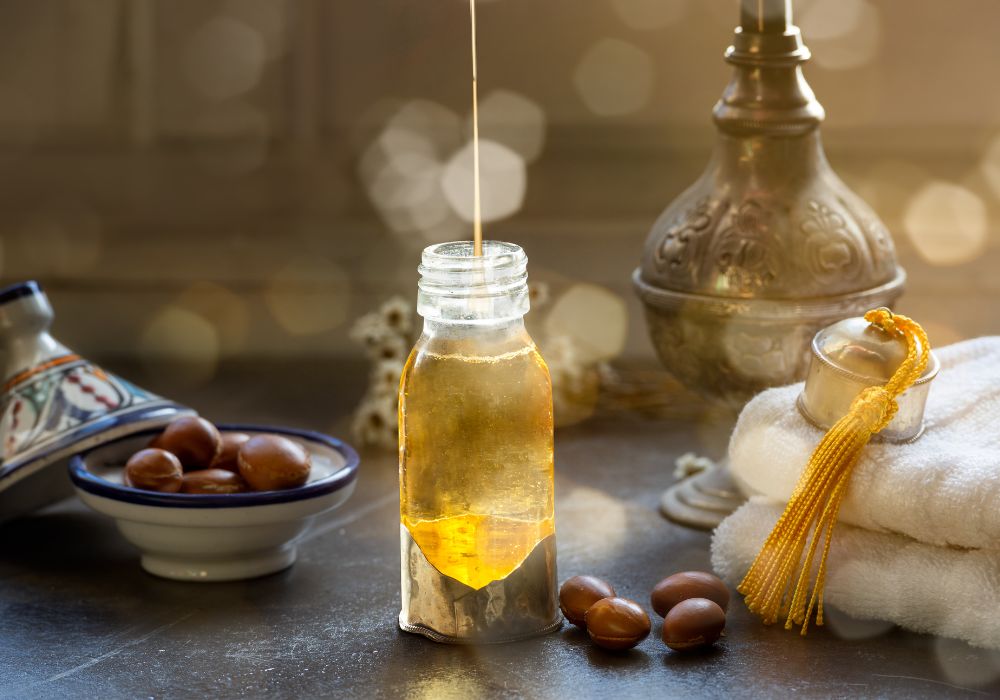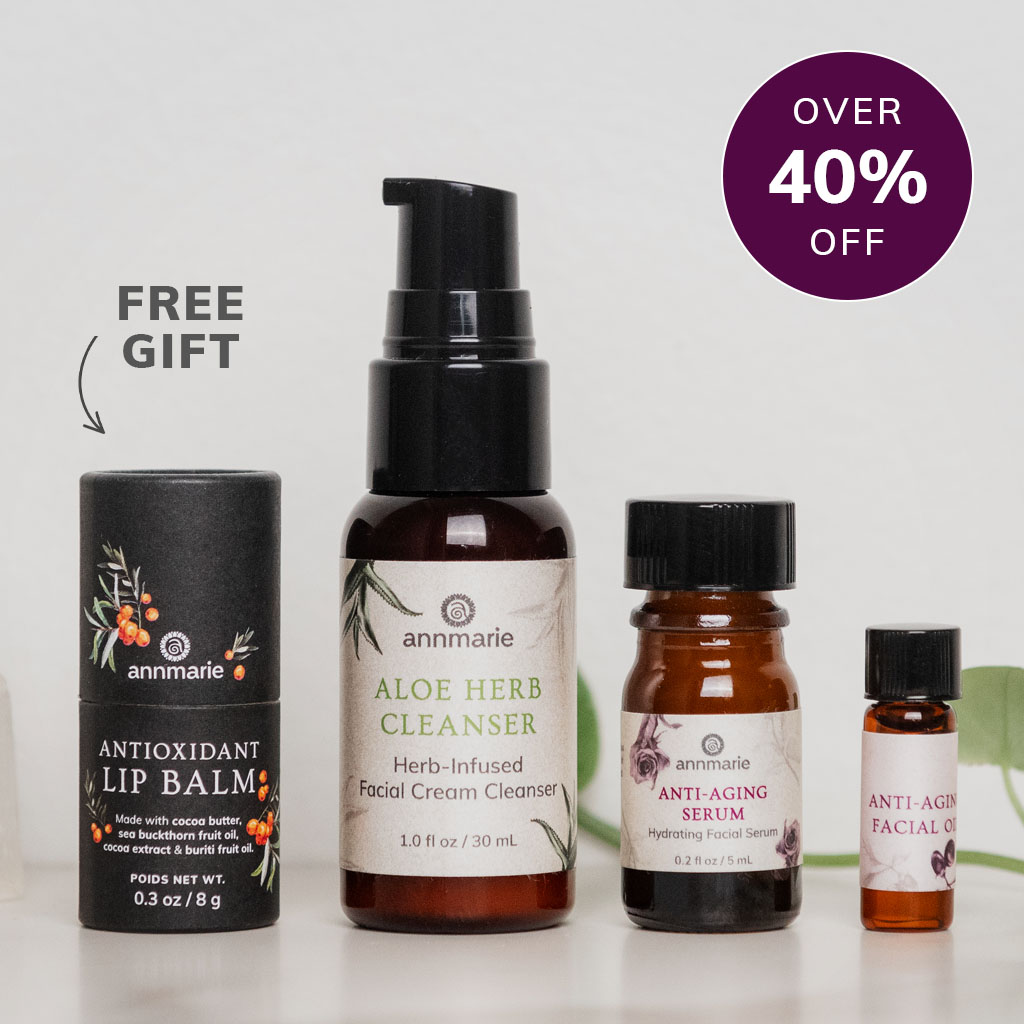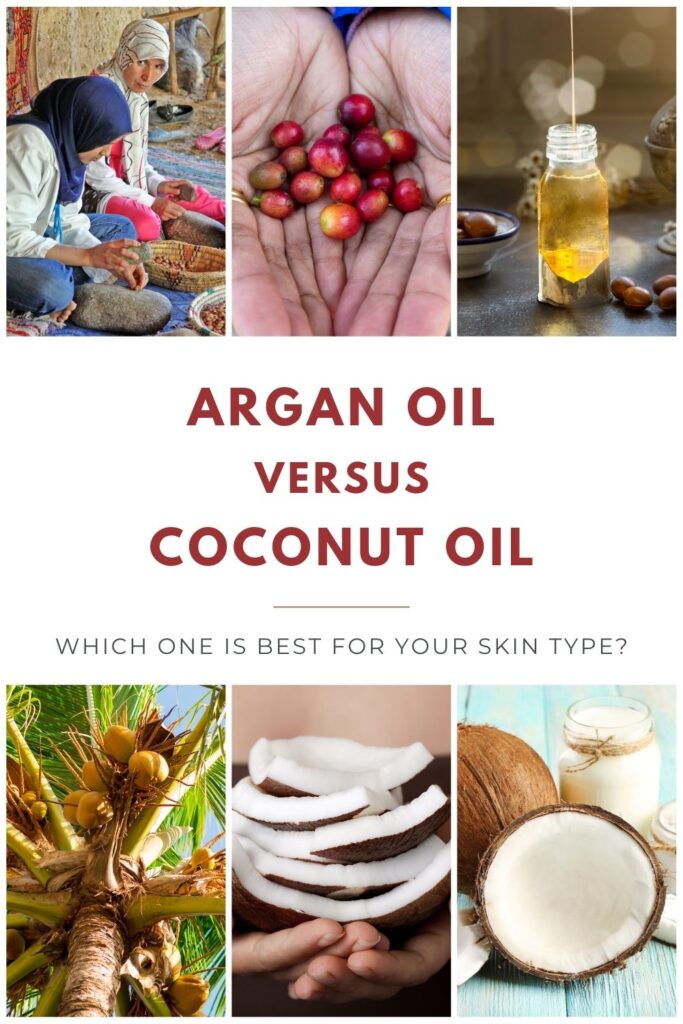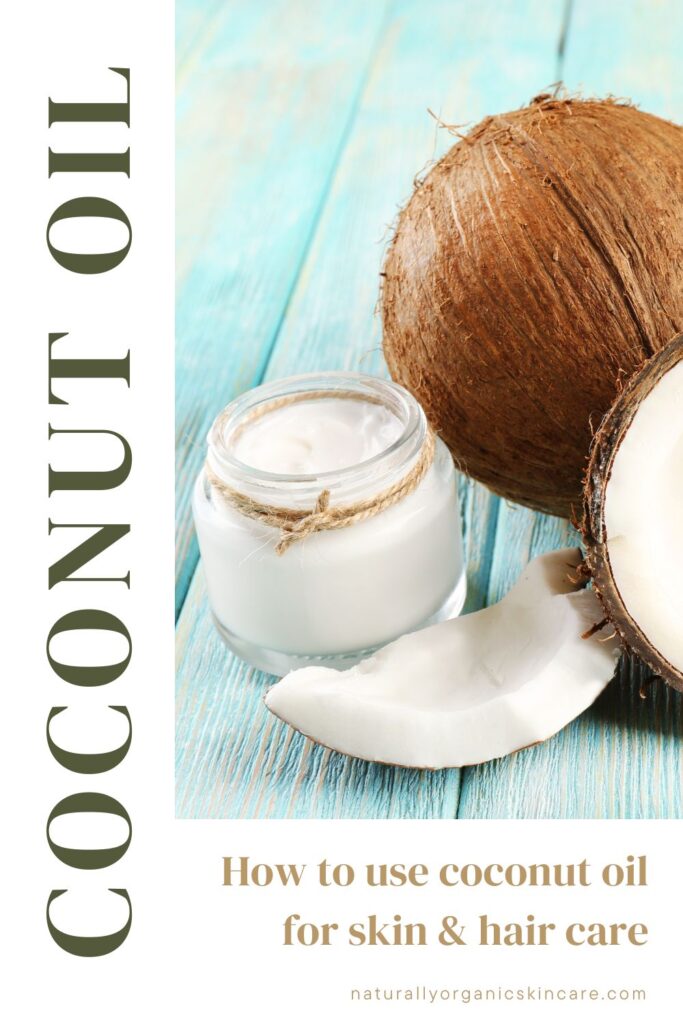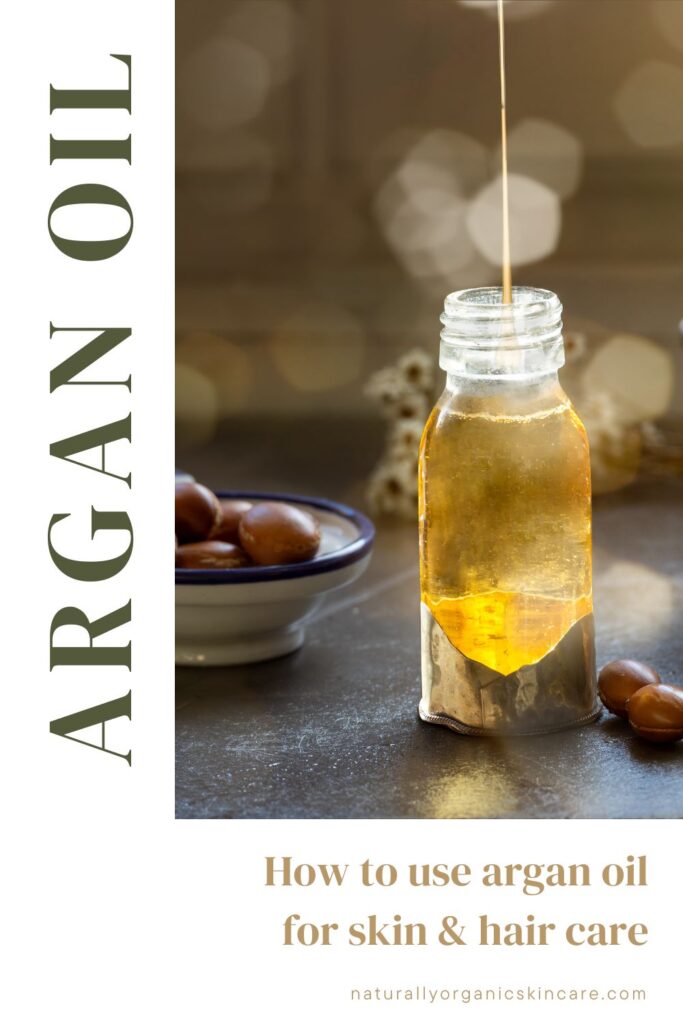Welcome to the battle of the oils, folks! Argan oil vs coconut oil. In one corner, we have the golden child, the luxurious, the one and only, Argan oil! And in the other corner, the exotic, classic, versatile, coconut oil!
These two oils have been around for centuries and in modern times they’ve earned their place in the beauty and skincare world. But what sets them apart? And which one should you choose? Let’s dive in and find out.
Table of Contents
- TL;DR
- Get To Know Argan Oil
- All About Coconut Oil
- Fatty Acids & More
- Argan Oil versus Coconut Oil
- Argan Oil vs Coconut Oil for Hair Care
- Argan Oil vs Coconut Oil for Skin Care
- Bottom Line: 2 Very Different Oils With Each Their Place
TL;DR
In a hurry? Here’s the quick and dirty on Argan oil vs Coconut oil.
Argan oil is rich in essential fatty acids, antioxidants, and other beneficial compounds that can help to nourish and protect the skin and hair. Coconut oil, on the other hand, is primarily composed of saturated fatty acids, with lauric acid being the most abundant.
As for what each oil can do for your skin and hair:
Argan oil is like the Beyoncé of oils – it’s got all the good stuff. It’s rich in essential fatty acids like linoleic acid and oleic acid, which help to improve the skin’s barrier function and prevent moisture loss. It also contains high levels of antioxidants like vitamin E, which can help to protect the skin from damage caused by UV rays and environmental pollutants. And if that wasn’t enough, it also has anti-inflammatory and antifungal properties, which can help to soothe dry skin and promote cell regeneration.
Coconut oil, on the other hand, is like the MacGyver of oils – it can do just about anything. It’s been used for centuries as a traditional remedy for various skin and hair concerns. It’s rich in antioxidants and has antifungal and antibacterial properties, making it a popular ingredient in many skincare and haircare products. It also has moisturizing properties that can help to soothe dry skin and hair, and its high levels of essential fatty acids can help to strengthen the hair shaft and prevent hair breakage.
While both oils have their benefits, they’re not one-size-fits-all. Argan oil may be a bit too heavy for those with oily skin, and coconut oil may clog pores and cause breakouts for those with acne-prone skin.
Get To Know Argan Oil
Let’s get to know Argan oil a bit better.
Argan oil is a plant-based oil that is extracted from the kernels of the argan tree (Argania Spinosa), which is native to Morocco. The argan tree is well adapted to the harsh conditions of the arid region of southwestern Morocco. It’s a hardy little tree, surviving drought, poor soil quality, and high temperatures.
| Nice to know: Geographically, argan trees are found in a specific region of southwestern Morocco, known as the Arganeraie Biosphere Reserve. This region covers approximately 2.5 million hectares and is home to over 20 million argan trees, making it one of the largest forested areas in Morocco. In recognition of its importance as a unique and valuable ecosystem, the Arganeraie Biosphere Reserve was designated as a UNESCO Biosphere Reserve in 1998. |
The process of extracting argan oil is a traditional and labor-intensive process that has been practiced by Berber women in Morocco for centuries. It involves cracking open the hard outer shell of the argan nut to reveal the small, almond-shaped kernel inside.
These kernels are then ground into a paste and hand-pressed to extract the oil. This traditional method of extraction is still used today and helps to support the local communities that depend on the argan oil industry.
All About Coconut Oil
Okay. Now, it’s coconut oil’s turn. It is perhaps more widely used than Argan, but how much do we really know about this popular oil from the tropics?
Coconut oil is derived from the coconut kernels a.k.a. the meat of mature coconuts harvested from the coconut palm tree (Cocos nucifera), which is native to tropical regions of Southeast Asia and the Pacific Islands.
Aided by humans, coconut palms have gradually populated many tropical regions around the world, including Southeast Asia, the Pacific Islands, and parts of Africa, South America, and the Caribbean. Coconut oil is an important export crop for many of these countries and plays a significant role in their economies.
The process of extracting coconut oil is relatively simple and involves pressing or crushing the meat of mature coconuts to extract the oil.
So far the origins of the two oils.
When choosing between argan oil and coconut oil as a beauty treatment, you need to know which is most suited to your skin type. In a nutshell (how’s that pun?) this has to do with the oil’s chemical profile and its fatty acid content.
We won’t get too technical here. I’m not a chemist. But in addition to what each oil does, it can be fun to take a quick peek at why.
Fatty Acids & More
Argan oil is composed of a unique combination of fatty acids, antioxidants, and other beneficial compounds that can help to nourish and protect the skin and hair.
It is rich in essential fatty acids such as linoleic acid and oleic acid, which can help to improve the skin’s barrier function and prevent moisture loss.
Argan oil also contains high levels of antioxidants such as vitamin E, which can help to protect the skin from free radical damage caused by UV rays and environmental pollutants.
Here is a quick breakdown of what those components mean in concrete terms, for our skin.
- Oleic acid is a fatty acid that can help moisturize and nourish the skin but may be problematic for acne-prone skin.
- Linoleic acid is an essential fatty acid that helps maintain the skin’s moisture barrier and can help reduce inflammation and acne.
- Vitamin A is a retinoid that helps reduce the appearance of fine lines and wrinkles, improve skin texture and tone, and promote collagen production.
- Vitamin C is an antioxidant that helps brighten and even out skin tone, protects against UV damage, and promotes collagen production.
- Vitamin E or tocopherols are antioxidants that help protect the skin from free radical damage and can help improve skin texture and moisture levels.
- Polyphenols are antioxidants found in plants that help protect the skin against UV damage, inflammation, and aging.
- Squalene is a natural lipid that helps moisturize the skin and prevent water loss, making it a popular ingredient in skincare products.
- Xanthophyll is a type of carotenoid that helps protect the skin from oxidative damage caused by UV radiation.
- CoQ10 is an antioxidant that helps protect the skin from free radical damage and may help reduce the appearance of fine lines and wrinkles.
- Sterols help improve the skin’s moisture barrier and can help soothe and protect the skin from environmental stressors.
For further geeking out on Argan oil and a few other oils, this piece of content is wildly informative – if you can get through the density of it.
Coconut oil is composed primarily of saturated fatty acids, with lauric acid being the most abundant. This high concentration of saturated fats makes coconut oil solid at room temperature, but it can be easily melted by applying heat.
Coconut oil has been used for centuries as a traditional remedy for various skin and hair concerns. It is rich in antioxidants and has antifungal and antibacterial properties, making it a popular ingredient in many skincare and haircare products.
Coconut oil also has moisturizing properties that can help to soothe dry skin and hair, and its high levels of essential fatty acids can help to strengthen the hair shaft and prevent hair breakage.
Overall, coconut oil has a long history of use in traditional medicine and skincare, and its numerous health benefits have made it a popular ingredient in many modern skincare and haircare products.
However, it is important to note that coconut oil may not be suitable for everyone, particularly those with acne-prone skin, as it has a high comedogenic rating and can clog pores.
Here’s a quick breakdown of the chemistry of coconut oil.
- Lauric acid has antimicrobial properties and can help reduce acne.
- Myristic acid also has antimicrobial properties and can help improve skin texture.
- Caprylic acid is a natural skin conditioner that can help soothe and moisturize the skin.
- Capric acid is a mild antimicrobial and emollient.
- Caproic acid can help cleanse the skin and remove excess oil.
- Palmitic acid is a moisturizing ingredient that can help improve skin barrier function.
- Stearic acid is a thickening agent that can help improve the texture of skincare products.
- Oleic acid is a moisturizing and emollient ingredient that can help improve skin texture.
- Linoleic acid is an essential fatty acid that can help improve skin barrier function and reduce inflammation.
- Linolenic acid is another essential fatty acid that can help improve skin texture and reduce inflammation.
- Vitamin E is a powerful antioxidant that can help protect the skin from damage caused by free radicals.
- Vitamin K can help reduce the appearance of dark circles and improve the appearance of skin discoloration.
This website is fascinating: it talks about the chemistry of coconut oil but also some other random things.
Argan Oil versus Coconut Oil
Argan oil and coconut oil both have numerous benefits, though their chemical composition and fatty acid contents are different enough for them to not tread on each other’s territory.
Argan oil is a real anti-aging powerhouse. It can be suitable for acne-prone skin, too, but this depends from one person to the next. Some find it too heavy – in which case another oi
Argan oil is known for its high levels of essential fatty acids, particularly linoleic acid, which is an omega-6 fatty acid that plays an essential role in maintaining healthy skin and hair. Linoleic acid has antioxidant properties that help to neutralize free radicals, which can cause damage to the skin and hair cells, and cause premature aging. Additionally, argan oil is rich in monounsaturated fatty acids, including oleic acid, which provides essential nutrients for the skin and hair.
Argan oil has numerous benefits for the skin and hair, including its anti-inflammatory and antifungal properties. It can help to soothe dry skin and promote cell regeneration, making it an ideal choice for those with sensitive or damaged skin.
While you’ll sometimes find people saying that it can also protect the skin and hair from UV rays and sun damage, oil is not a substitute for sunscreen. So please never use Argan oil instead of sunscreen on your skin. That’s what natural sunscreen lotions are for.
On the other hand, coconut oil is high in lauric acid, which is a saturated fatty acid that has antibacterial properties. It is not uncommon to see coconut oil pop up in the ingredients of a natural deodorant. Coconut oil also has healing properties and can be used to soothe dry, irritated skin.
Argan Oil vs Coconut Oil for Hair Care
I don’t know about you but my hair sure is a whole lot less picky than my skin. And I love how you can throw almost any oil at those locks without causing them to break out! Worst case, you’re looking at an extra shower and shampooing… No harm done.
Coconut oil and argan oil are two very effective hair oils for promoting hair growth and maintaining healthy hair. While they share some similarities, they also have key differences.
Both oils can penetrate the hair shaft to provide nutrients that prevent hair loss and breakage. They are great for dry hair as they provide deep hydration to restore the hair’s natural moisture balance.
Additionally, both oils are perfect for managing frizz and keeping hair looking smooth and healthy. They work by coating the hair cuticles to prevent moisture loss, which is especially beneficial for those with frizzy hair or split ends.
Then again, doesn’t any oil tend to smooch frizzy bits, by its sheer nature of being oily? I suppose so, ha.
One of the main differences between the two oils is their consistency. Coconut oil is solid at room temperature, while argan oil is a liquid. If you live in a colder climate, your coconut oil jar will be white and solid most of the time.
This matters because hair isn’t warm like skin; it doesn’t melt coconut oil on contact. And there’s no massaging it into the scalp or hair in its solid state, so it will require the extra step of warming up before use.
Argan oil is a lighter oil that can be quickly absorbed by the hair strands, making it perfect for those who don’t want their hair to feel greasy.
Coconut oil is better suited for dry scalp and hair, while argan oil is better for those with oily or fine hair.
Coconut oil’s lauric acid can penetrate the hair shaft and provide nourishment, making it perfect for those with brittle hair or hair that is prone to breakage as it can help strengthen the hair’s proteins.
Argan oil, with its oleic and linoleic acids, can help condition the hair and promote scalp health. It’s perfect for those with healthy hair that just needs a little extra shine and frizz control.
To use these oils, you can apply a small amount to damp hair and work it through the hair strands, focusing on the ends. They can also be used as a pre-shampoo treatment or mixed with other hair products for added benefits. Regular use of coconut oil and argan oil can allegedly help improve hair health, prevent hair loss, and promote healthy hair growth.
Both oils have their own unique benefits for hair care, so it comes down to experimenting and feeling it out (literally!)
| Beauty Tip In general, I don’t typically walk around town with oil in my hair. It’s just too greasy and doesn’t look very flattering on loose long hair. But there are other moments to use oil: – overnight (bye-bye pillowcase in the morning) – before and during swimming (because no one will notice your hair is greasy when it’s also wet) – when long hair goes in a tight braid or bun. |
Argan Oil vs Coconut Oil for Skin Care
Argan oil and coconut oil are both great choices for natural skin care, but they have different properties that make them better suited for certain skin types. Let’s break it down!
While in some of the other comparisons (for example, Argan Oil vs Jojoba Oil: Which One is Best for Skin & Hair?) there is not one winner by a long shot for each particular skin type, in this case, there is.
For oily skin, argan oil is probably the better choice of these two. It’s a lightweight oil that won’t clog pores and has a high linoleic acid content that helps regulate sebum production. Coconut oil can be comedogenic, which is obviously not a good thing.
If you have combination skin, I would still recommend Argan oil over coconut, since it provides lightweight hydration and regulates sebum production. Coconut oil provides moisture to drier areas of the skin but its comedogenic rating may cause combination skin to break out.
For normal skin, both argan oil and coconut oil are great options mainly because when you are lucky enough to have normal skin almost everything works out. Argan oil has anti-aging benefits due to its high levels of vitamin E and antioxidants, while coconut oil is a great natural moisturizer that also has anti-inflammatory properties. So yeah – have at it!
If your skin is dry, coconut oil shouldn’t be too heavy. It’ll definitely deeply moisturize and help to repair the skin’s natural barrier. However, by no means should you leave Argan oil behind, which is also a great choice, as long as you find it provides enough nourishment for very dry skin.
For aging/mature skin, argan oil is the winner. It has a high concentration of antioxidants and essential fatty acids that help to improve skin elasticity, reduce fine lines and wrinkles, and promote cell regeneration. Coconut oil can also be helpful, but its benefits for aging skin are more limited. Argan oil is called liquid gold for a reason.
With acne-prone skin, it’s best to avoid coconut oil and opt for argan oil instead. Coconut oil can clog pores and exacerbate acne, while argan oil has anti-inflammatory and antibacterial properties that can help to calm and heal acne-prone skin. (But wait! Before settling on Argan oil, do check out Rosehip Oil versus Jojoba Oil – there may be something there for you. Oh yes, I love making comparisons in case you haven’t noticed.)
Bottom Line: 2 Very Different Oils With Each Their Place
Well, this much is clear: Argan oil and Coconut oil are quite different. If you were on the fence about the choice, I hope now you’ll have a better idea of which one is most suited to your skin type or hair.
Overall, argan oil has a rich history and cultural significance in Morocco, where it has been used for centuries as a traditional remedy for various skin and hair concerns. Today, it is widely recognized for its numerous benefits and has become a popular ingredient in many skincare and haircare products around the world.
The coconut palm tree is well known for its versatility and has been used for centuries by traditional cultures for food, medicine, and building materials. (If you’ve seen Moana, you already knew that!)
Both argan oil and coconut oil have unique benefits for the skin and hair.
Coconut oil is more of an all-rounder. It’s great for body care and hair care. However, if you’re putting straight-up coconut oil on your face, you’re braver than I am.
Argan oil is highly targeted and is really a precious oil for anti-aging and dry skin. Even acne-prone skin might respond well to Argan oil – you’ll have to test how your skin responds.
As a hair oil, I’d lean towards Argan oil for being a lighter oil. It contains beneficial oleic and linoleic acids, is effective at managing frizz and promoting healthy hair growth, and to top it off it may be easier to use.
However, coconut oil is cheaper and still packs a punch for most hair types as it can penetrate the hair shaft, nourish the hair strands, provide deep moisture to dry and damaged hair, and even help get rid of dandruff.
